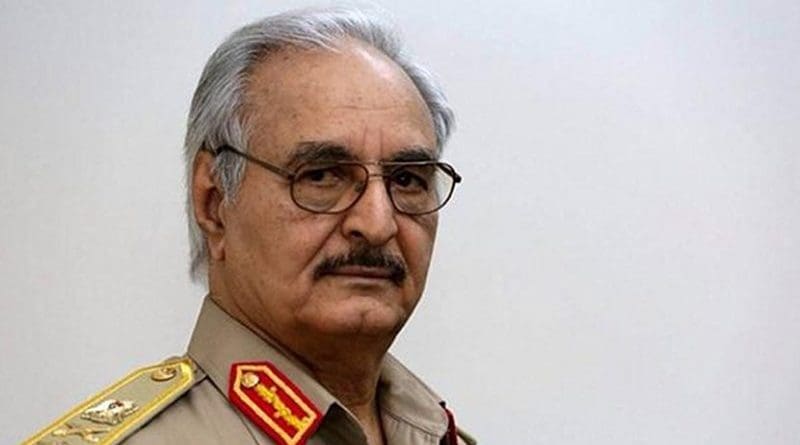Middle East Countries Must Cooperate To Support Stability In Libya – OpEd
War has been raging on in Libya for more than six months with general Khalifa Haftar’s forces to take over the Libyan capital Tripoli has now turned into a battle of attrition.
Over than 992 people have been killed, more than 3,000 injured and some 90,000 displaced from their homes. Thousands of residential buildings have been damaged or destroyed due to the indiscriminate shelling.
We can see there has been no clear winner. Factions aligned with the Government of National Accord (GNA) have managed to stop the advance of Haftar’s forces and killed his hopes for a quick victory in Tripoli.
Through this moment neither the GNA, nor Haftar are willing to back down or agree to a ceasefire. All of them want the power the UN Security Council has also been unable to reach consensus on any resolution that would end the fighting and restart the negations process.
On account of the international community remains divided on Libya, with regional and world powers backing each of the two sides and further fuelling the conflict.
The UN has put a lot of effort in trying to bring the ongoing civil war in Libya to a peaceful resolution. In addition, UN representatives still insisted that a political solution must be pursued.
Haftar’s forces launched their offensive from April until now, he also adamant in his stance and says that he is not ready to commit to any ceasefire or political process, whether backed by the UN or any other political actor.
He seems bound on continuing his assault on Tripoli, it appears that a political solution to the conflict is very much unlikely. The only way the fighting can come to an end is if one of the sides achieves a conclusive military victory.
Why the Libyan army wants to control power?
Various regional and international players are intervening in Libya with the hope of securing a victory for the side they favour.
But in what side, the first side, Libya would be doomed to a one-man military rule it will be like Egypt. Also Haftar will takes the capital, then he would effectively have control over Libya’s important strategic assets ( oil , the political center and its key institutions)
The second side, the country would still have a chance to pursue a political solution. If all the Middle East governments cooperated to overcome Haftar’s positions in politically and militarily from the west and south, this would significantly weaken him.
According to that they will achieving permanent peace and stability in Libya, Haftar’s elimination as a political factor would bode well for the future of the country.
*Miral Sabry Al Ashry , Associate Professor at Future University (FUE), Political Mass Media Department

